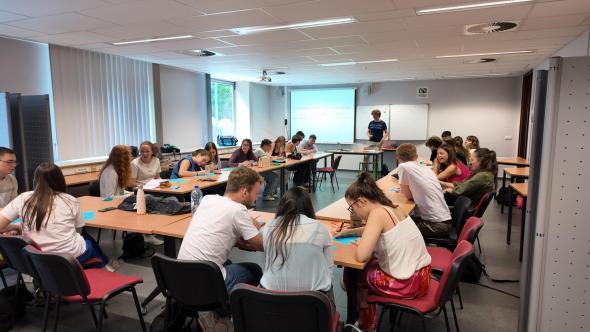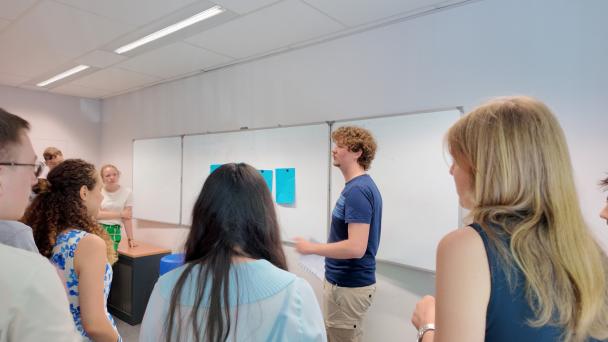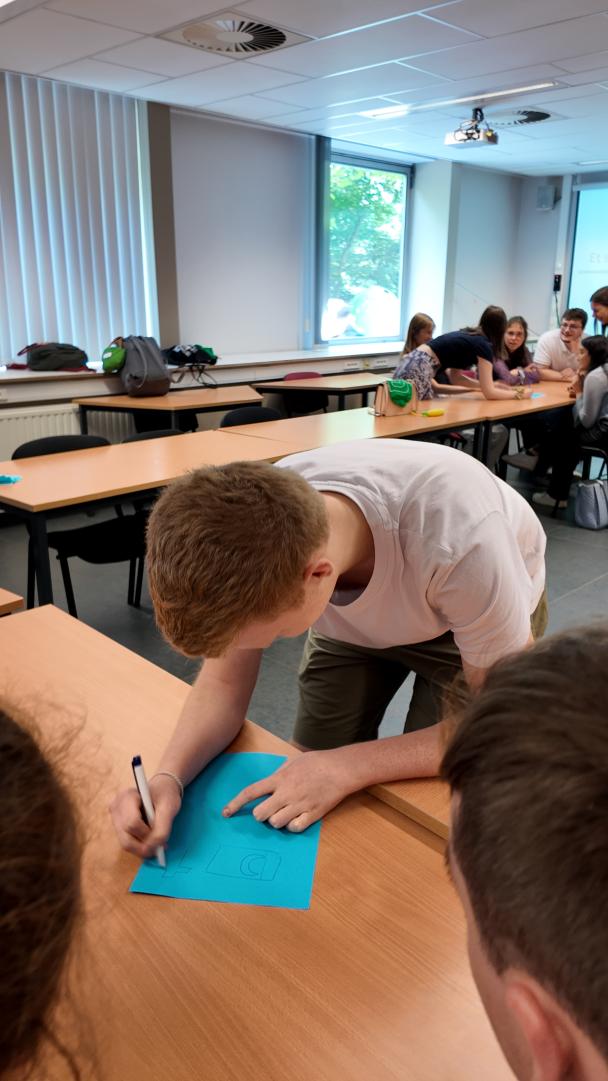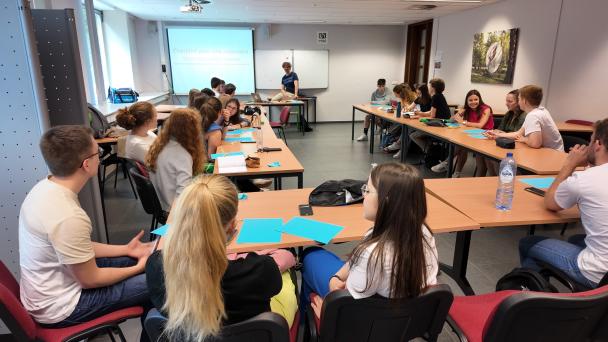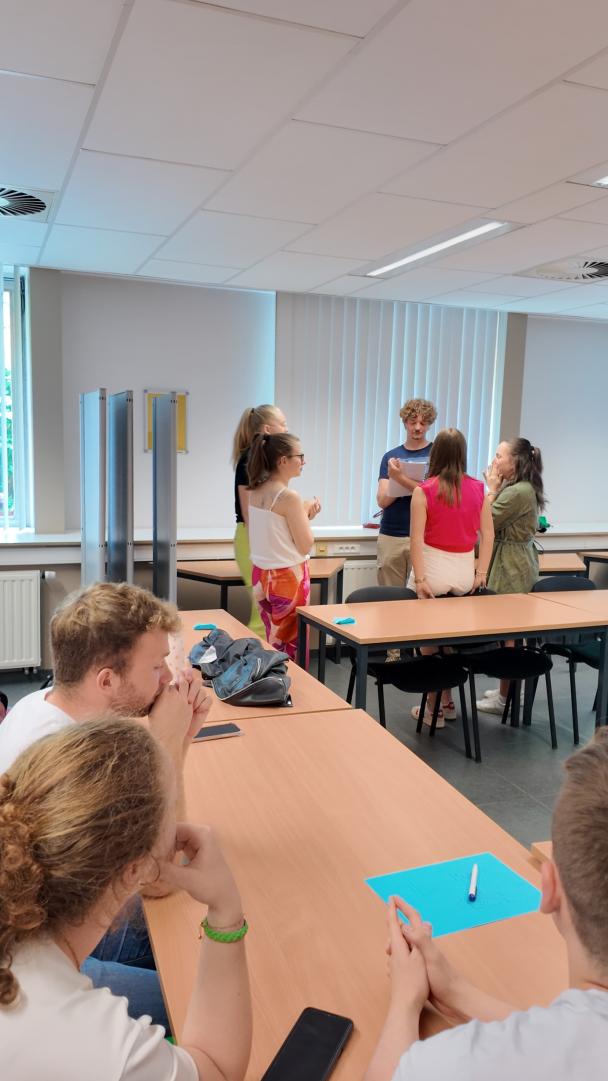Students abroad: training for better integration
Ghent, New Caledonia, Norway, Hungary, Montpellier... these are just some of the destinations to which our students will be flying for a four-quarter period as part of their studies. To prepare for this departure abroad, the International Relations Department, in collaboration with FUCID, the Namur campus NGO, offered a culture shock awareness training course.
